Molecular recycling – Dow and Procter & Gamble to develop a new proprietary recycling technology targeting hard-to-recycle plastic waste 28-03-2024
Molecular recycling
Crude Oil Prices Trend
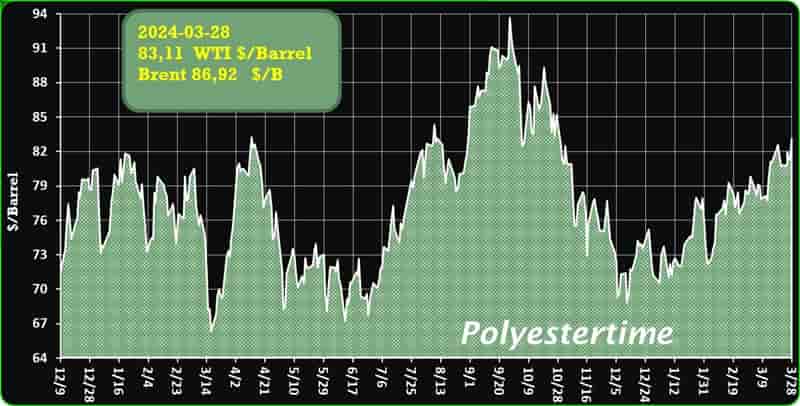
Crude Oil Prices Trend by Polyestertime
Eastman recently celebrated the successful commencement of operations and revenue generation at its new molecular recycling facility in Kingsport, Tennessee
As production gradually scales up in the coming months, the company anticipates significant growth across various markets, aiming to generate approximately $75 million in incremental EBITDA by 2024 from this facility alone. Mark Costa, Board Chair and CEO, emphasized the company’s commitment to advancing the circular economy by showcasing large-scale molecular recycling capabilities.
In addition to the Kingsport facility, Eastman is poised to expand its molecular recycling footprint with two new plants—one in France and another in Longview, Texas, USA. The selection of Longview was strategic, considering factors such as existing infrastructure, operational synergies, favorable energy resources, feedstock accessibility, and ample space for renewable energy generation. Molecular recycling
The Longview facility is expected to process around 110,000 metric tonnes of challenging plastic waste annually.
Eastman’s innovative polyester renewal technology enables the transformation of hard-to-recycle plastic waste into virgin-quality material, thereby reducing reliance on landfills and incineration. By preserving valuable molecular components through a high-yield material-to-material loop, Eastman significantly lowers greenhouse gas emissions compared to conventional methods. This approach ensures the continuous utilization of resources, paving the way for sustainable material solutions. Molecular recycling
For more information, visit Eastman’s website.
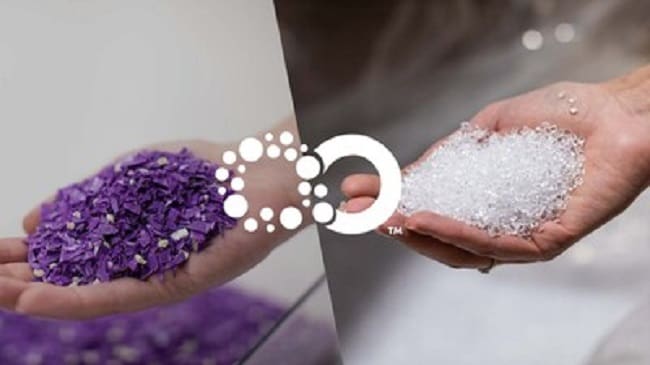
3M has invested in EVōLOH as part of a broader fundraising effort totaling $20 million
The investment aims to bolster the expansion of EVōLOH’s innovative alkaline electrolyser technology. Unlike traditional methods, EVōLOH manufactures electrolysers with core components that eschew precious metals and rare materials, thus reducing installation and maintenance costs significantly.
This move aligns with 3M’s commitment to advancing materials science-based climate technologies. In addition to supporting EVōLOH, 3M recently engaged in a collaborative research endeavor with Hyundai KSOE to develop liquid hydrogen storage tanks.
Through its venture capital arm, 3M Ventures, the company participated in EVōLOH’s Series A fundraising round, aimed at scaling up manufacturing capabilities and introducing new solutions under its Nautilus™ platform. Molecular recycling
Mark Copman, Senior Vice-President at 3M New Growth Ventures, emphasized the investment’s role in promoting the hydrogen economy and facilitating a shift towards cleaner energy sources. He highlighted 3M’s expertise in membrane electrode assembly and its shared vision with EVōLOH to make clean hydrogen accessible globally.
Dr. Jimmy Rojas, Founder and CEO of EVōLOH, expressed confidence in the company’s market leadership aspirations. He emphasized the funding’s significance in enabling EVōLOH to revolutionize electrolyser manufacturing, using locally sourced materials.
Following successful testing of its liquid alkaline electrolysers in February 2023, EVōLOH is poised to embark on demonstration projects with various partners throughout the year, showcasing stable and efficient performance.

Saudi chemical manufacturer Sabic and India-based PET and polyolefins recycler Pashupati Group have teamed up to explore recycling opportunities in India
Their focus is on assessing the viability of establishing a pyrolysis plant in the country to provide Sabic with feedstock for its circular polymers.
Pashupati, operating under India’s Extended Producer Responsibility legislation since 2016, utilizes its innovative Waste Circularity mobile app to manage waste collection. With daily collection rates of 12 million PET bottles and 2 million polyolefin bottles across varied terrains, from mountains to coastal areas, Pashupati showcases its extensive reach.
The collaboration entails Sabic and Pashupati sharing expertise in plastic recycling processes, incorporating both virgin and recycled polyolefins. Pashupati brings its mechanical and chemical recycling knowledge to the table, while Sabic focuses on marketing and selling the recycled products. Molecular recycling
Sanjay Mishra, Sabic’s general manager for engineering thermoplastics & performance polymers, underscores the importance of this partnership in propelling India’s plastics economy towards circularity. Sabic’s commitment to producing 1 million tonnes of circular materials by 2030 aligns with its consideration of a substantial chemical recycling investment, with potential annual capacity around 200 kilotons, as deliberated at the World Economic Forum 2023 Meeting in Davos.
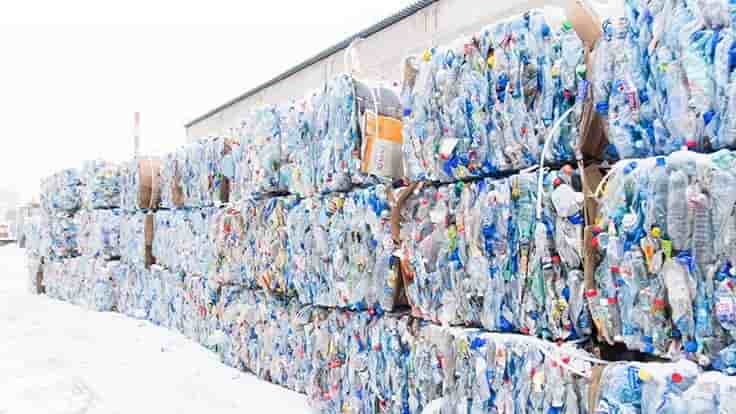
Dow and Procter & Gamble to develop a new proprietary recycling technology targeting hard-to-recycle plastic waste
- Vision is to recover polyethylene from hard-to-recycle waste for reuse in consumer packaging.
- Partnership brings together both companies’ intellectual property to create a novel process with low greenhouse gas emissions footprint.
Dow and the Procter & Gamble Company today announced a joint development agreement (JDA) to create a new recycling technology. The vision is to enable efficient conversion of hard-to-recycle plastic packaging into recycled polyethylene with near-virgin quality and a low greenhouse gas emissions footprint. Molecular recycling
To create the new technology, the companies will combine their patented technologies and know-how in the dissolution process. The development program will focus on using dissolution technology to recycle a broad range of plastic materials with a focus on polyethylene and targeting post-household plastic waste (especially rigids, flexible and multi-layer packaging, which are harder to recycle).
The technology aims to deliver high quality post-consumer recycled (PCR) polymer with a lower greenhouse gas emissions footprint than fossil-based polyethylene. P&G anticipates using this PCR polymer in their packaging, thereby enabling a path to circularity which helps maximize resource utility and reduces materials treated as waste.
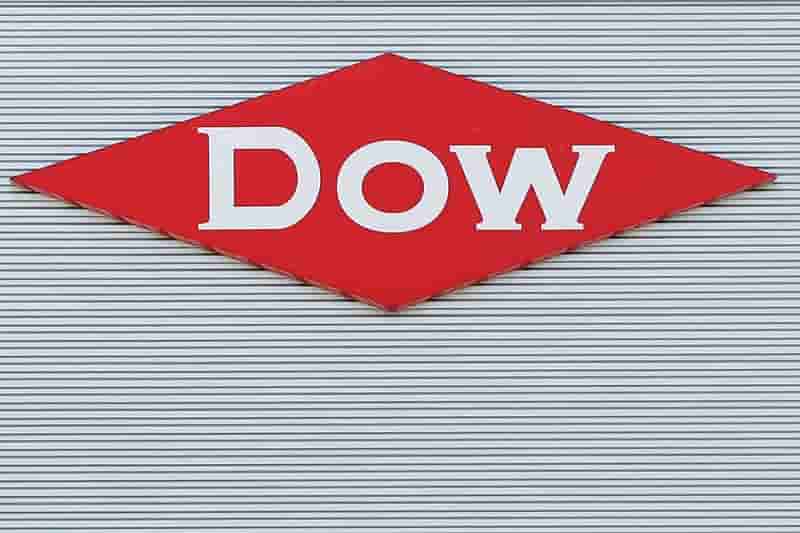
JERA, Japan’s largest power generator, and ExxonMobil, a major oil and gas company, have agreed to collaborate on a project to develop a large-scale low-carbon hydrogen and ammonia production facility in the United States
This agreement entails JERA becoming a co-owner of an existing Exxon-owned blue hydrogen project located in Texas, USA. Blue hydrogen, derived from fossil natural gas with CO₂ emissions captured using on-site carbon capture technology, will be the focus of this venture. Molecular recycling
The anticipated plant is poised to be the world’s largest blue hydrogen production facility, with an estimated annual output capacity exceeding 900,000 tonnes of low-carbon hydrogen and more than one million tonnes of low-carbon ammonia. Furthermore, JERA aims to procure around 500,000 tonnes per year of low-carbon ammonia from the plant to meet Japan’s demand.
This collaboration aligns with JERA’s commitment to achieve net-zero CO₂ emissions from its domestic and international operations by 2050. Additionally, JERA is actively pursuing the development of zero-emissions thermal power technology for deployment in Japan, where thermal power comprises a significant portion of the energy mix and is anticipated to remain essential for the nation’s power infrastructure for the foreseeable future, according to GlobalData. Molecular recycling
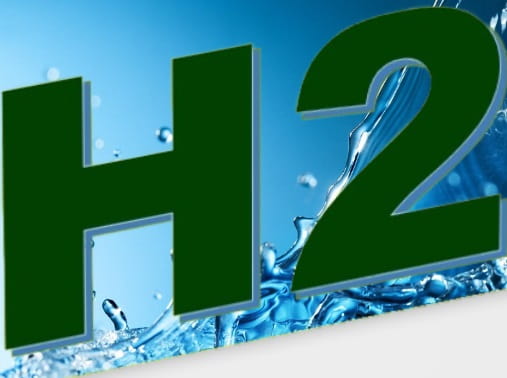
Tata Cummins JV, through TCPL Green Energy Solutions Private Limited (TCPL GES), a subsidiary of Tata Cummins Private Limited, has launched a cutting-edge manufacturing plant in Jamshedpur
This facility spans seven acres and is geared towards producing hydrogen-based internal combustion engines for medium and heavy commercial vehicles, along with other low to zero-emission technology products in India. The inauguration of this facility underscores a shared commitment to fostering a cleaner and sustainable future for the nation.
Situated in Jamshedpur, the facility is equipped with state-of-the-art technology and infrastructure, showcasing Tata Motors and Cummins’ dedication to innovation, manufacturing excellence, and environmental sustainability. Molecular recycling
The rapid establishment of this plant within a year of signing the Memorandum of Understanding (MoU) with the State of Jharkhand reflects the determined progress made by both organizations in advancing their decarbonization strategy.
Girish Wagh, Executive Director of Tata Motors, emphasized the significance of this new facility in propelling India towards smarter and greener mobility solutions. He reaffirmed Tata Motors’ commitment to collaborating with customers to embrace emission-free and commercially viable transportation solutions. Molecular recycling
Ashwath Ram, Managing Director of Cummins Group in India, highlighted Cummins’ dedication to providing advanced low to zero-emissions technology products to accelerate decarbonization efforts. He emphasized that this commitment is not just a promise but a responsibility backed by concrete action, facilitated by global expertise, strategic partnerships, and technological capabilities.
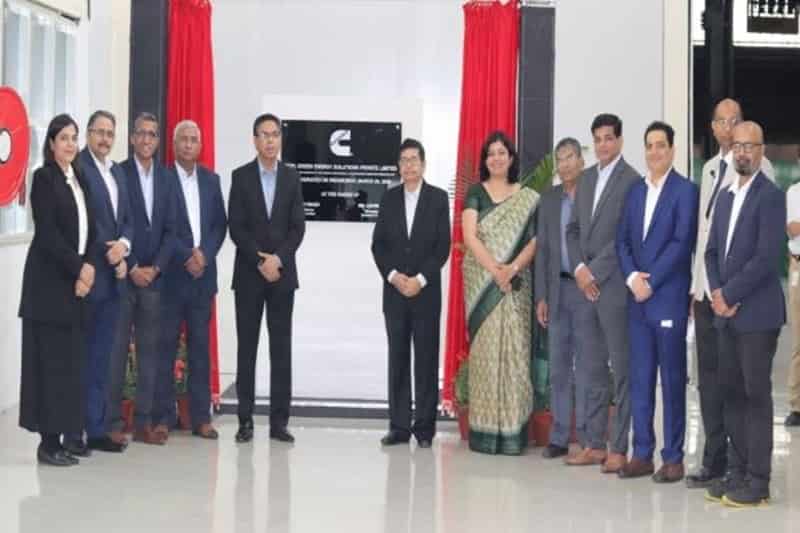
Leveraging technology to propel recycling market growth
The advent of new integrated technology has revolutionized the recycling industry by introducing a decentralized and immutable ledger system.
This innovative platform meticulously tracks the journey of recyclable materials from the point of collection through to processing and further stages. Each transaction and movement is securely recorded, providing stakeholders with unparalleled transparency into the lifecycle of recyclables. Molecular recycling
This level of detail in tracking ensures that every participant in the recycling chain, from consumers to processors, can monitor the progress of materials with ease. The system’s design inherently promotes trust among users by offering a clear and verifiable trail of transactions. This transparency is crucial in fostering a sense of accountability among all parties involved.
Moreover, the platform’s decentralized nature means that no single entity has control over the information, which prevents tampering and ensures data integrity. The immutable record-keeping aspect guarantees that once data is entered into the system, it cannot be altered, further enhancing the reliability of the process. Molecular recycling
As a result, this technology empowers stakeholders to make informed decisions based on accurate data, streamlines operations, and supports the commitment to sustainability. It also encourages responsible recycling practices by highlighting the importance of each step in the recycling process, thus contributing to a more sustainable and efficient circular economy. This integration of technology into waste management represents a significant leap forward in our collective effort to preserve the environment.
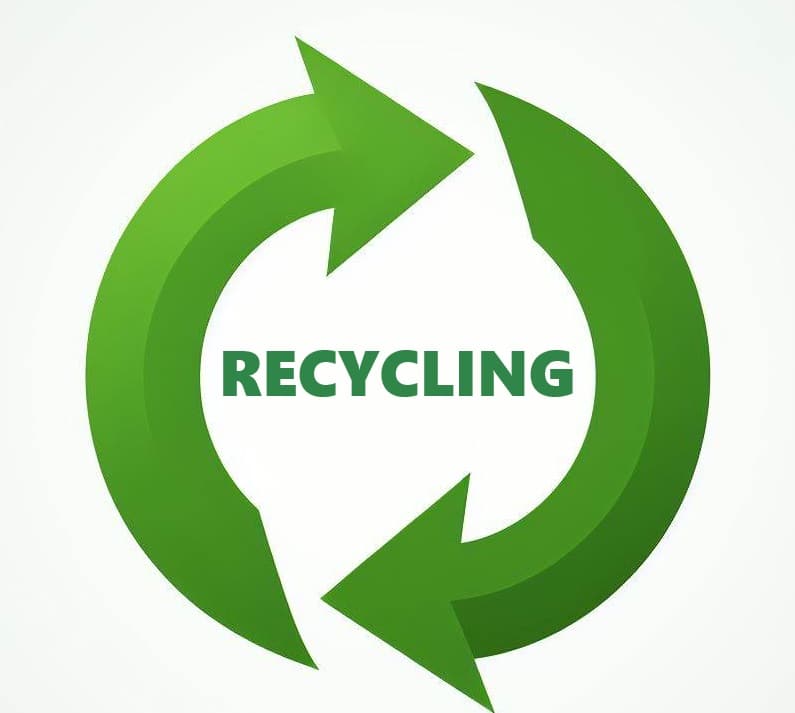
Molecular recycling
